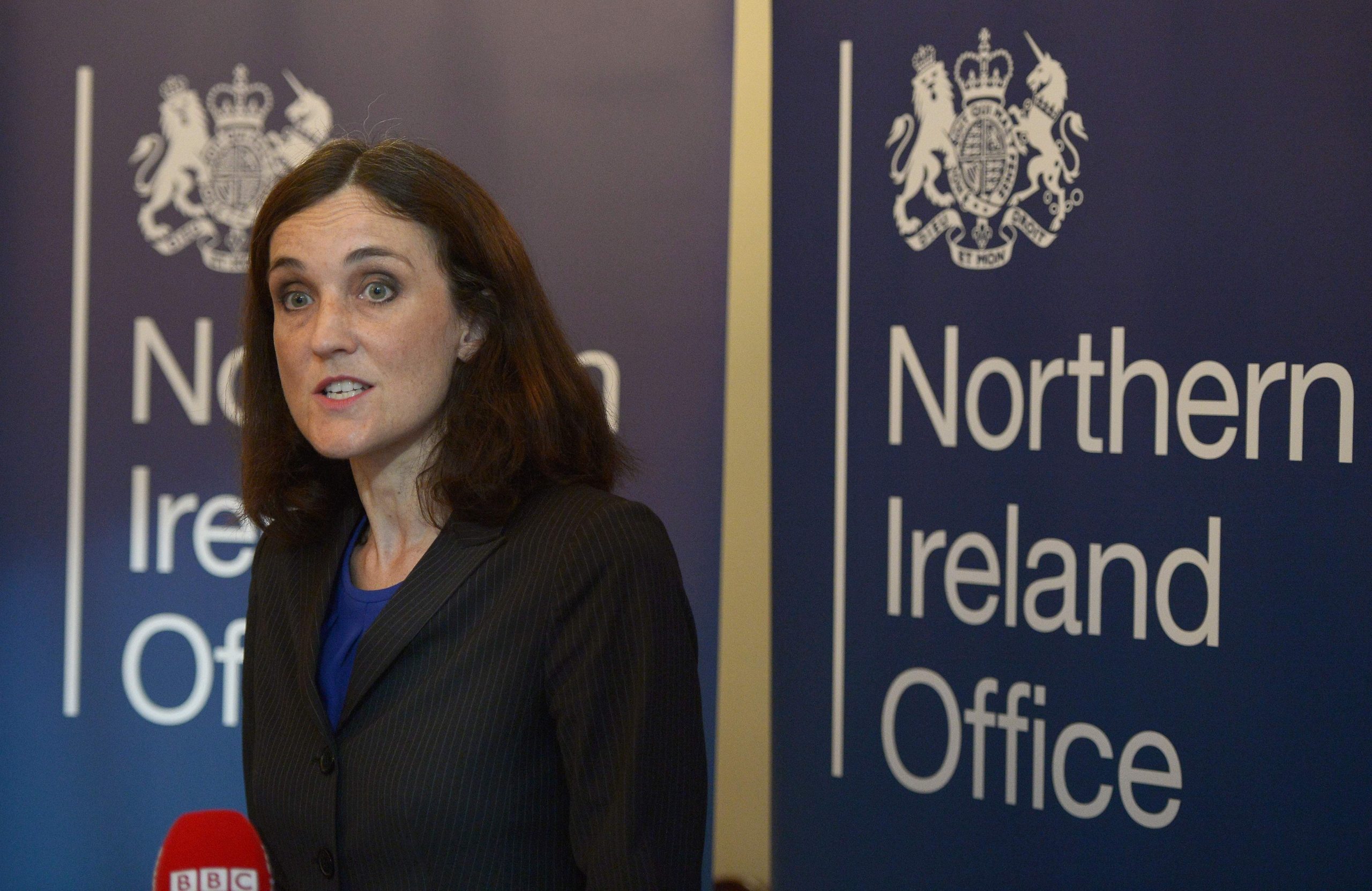
Northern Ireland’s First Minister Peter Robinson has stood down from Stormont, accelerating the power-sharing institution’s collapse. The DUP leader has said all but one of the ministers in his party have now resigned. One minister will be staying on as a stand-in First Minister, in all but name. The parliament will exist only as a technicality.
His announcement represents a significant step in the disintegration of power-sharing in Northern Ireland between Nationalists and Unionists which has been building in recent weeks. The ongoing crisis has its roots in the country’s refusal to agree on how to implement welfare cuts and was sparked when an IRA murder in August revealed that the terrorist organisation is still in existence. Unionist parties believe that the IRA’s reemergence means that Sinn Fein have not stayed true to their promise in the Good Friday Agreement to commit to only peaceful means and they therefore want them to be removed from Stormont or for Stormont to be suspended by the British.
The action announced by Peter Robinson is unexpected and messy. The DUP had issued an ultimatum to the British government, saying that they must suspend Stormont by the end of today or the DUP would resign. In response, Britain has stood its ground, saying it will not issue a suspension and instead calling on local politicians to try and work their way through the current crisis with negotiations.
The DUP’s response to Britain’s refusal does not quite fulfill the party’s previous dramatic rhetoric when they promised to resign, indicating perhaps that they believed Britain would give in to their demands. Instead of collapsing the institution as promised, the party are maiming it from within.
Technically speaking, Peter Robinson has not “resigned”. To do so would signify the official collapse of the Parliament and trigger a general election in Northern Ireland. Instead, he says he has “stepped aside”; resigning in all bit name. He has appointed his second in command, Finance Minister Arlene Foster, to take on the role of acting First Minister in his place.
Without DUP ministers, Stormont is now a “zombie parliament” which stands as little more than a technicality. Robinson has said that Foster will not be staying on in any constructive capacity, but in order to avoid an election being triggered by the First Minister position being vacant. He added that she will make it her business to deliberately try and block actions by Nationalists and Republicans which they deem “detrimental to Northern Ireland”.
The country is now in unchartered territory and it is unclear what will happen next. It is possible that the parliament could now limp on for another month. However, with few government departments now functioning, only a very limited numbers of laws can be passed. Crucial positions including health, business and social affairs will not be able to enact any new legislation.
The DUP’s approach seems to be to try and cause as much chaos as it can at Stormont in order to force the British government to suspend it. In response, Conservative MP and Secretary of State for Northern Ireland Theresa Villiers said this evening that their actions represent: “a complete breakdown in working relationships within the executive”.
She has issued another plea for the parties to put aside their differences and negotiate, saying: “There is an urgent need to get the parties together, find a way to repair those working relationships and address the two issues [IRA reappearance and welfare cuts].” She added that whilst the British government understands the gravity of the situation: “suspension would not resolve the two big problems we face”.





